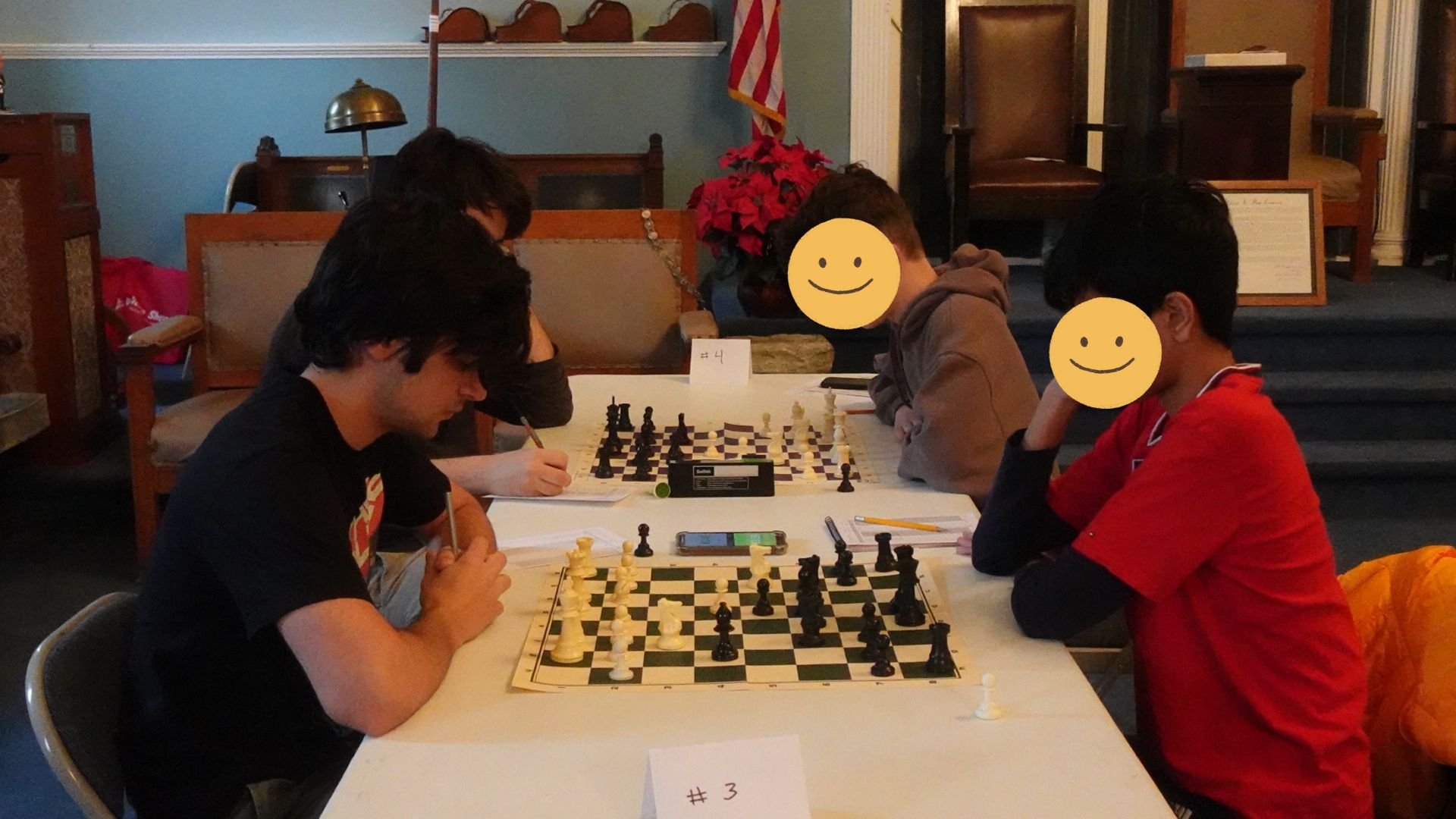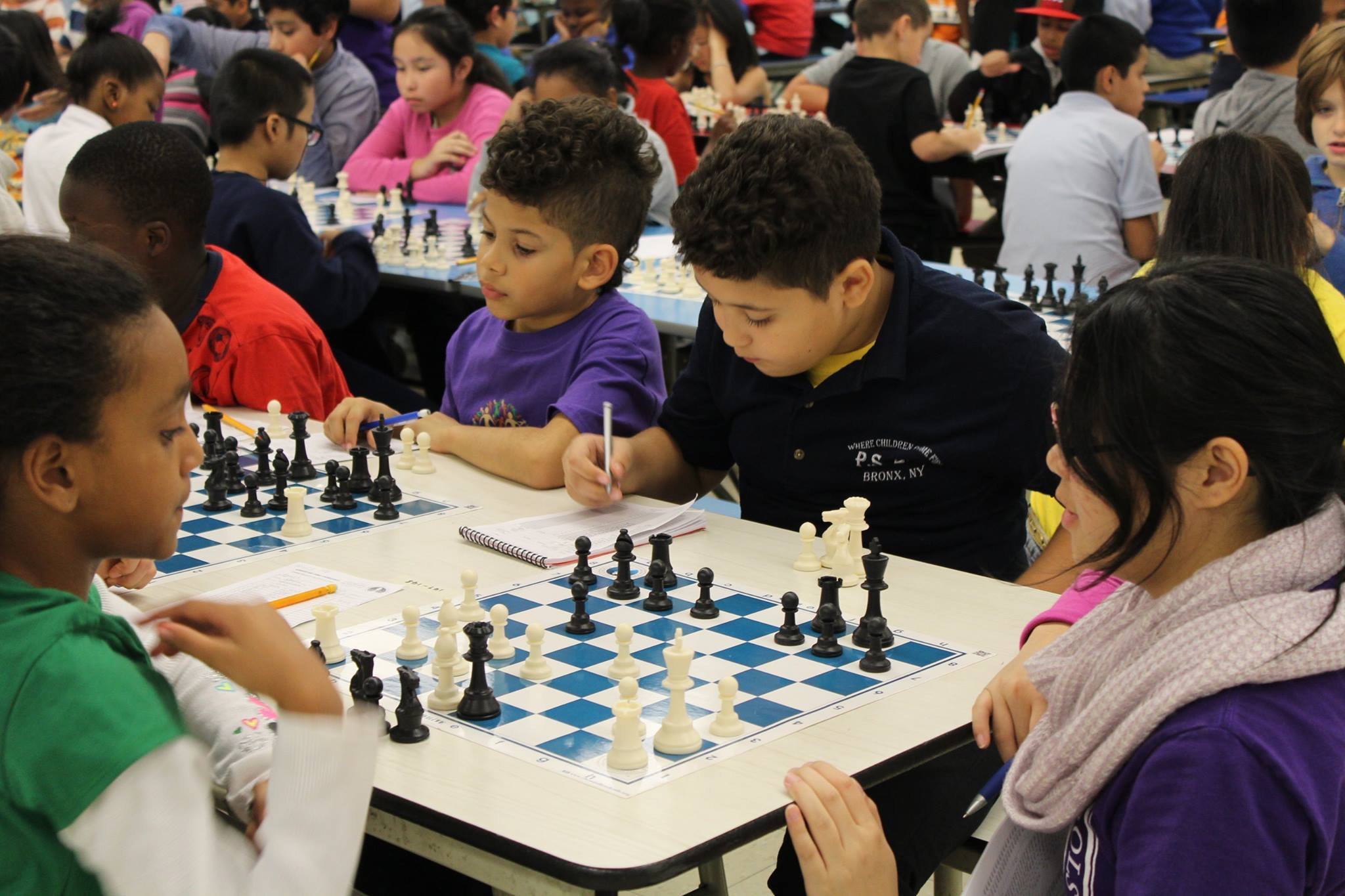Unlocking Cognitive Potential: The Benefits of Beginner Chess Courses for Students
Introduction
The Power of Chess in Cognitive Development Chess has long been recognized as a game that challenges the mind and promotes cognitive growth. Recent research has shown that introducing chess to students at a young age can have significant benefits for their academic performance and overall brain development. In this series, we'll explore the various ways in which beginner chess courses stimulate cognitive growth in students, drawing on recent neuroscience research, case studies, and interactive quizzes. Whether you're an educator looking to implement chess in your classroom or a parent interested in supporting your child's cognitive development, this series will provide valuable insights and practical strategies for academic chess courses.
The Neuroscience Behind Chess and Cognitive Growth
Recent studies have shed light on the profound impact that chess can have on brain development. Neuroimaging techniques have shown that playing chess activates different regions of the brain, including those responsible for executive functions, memory, and problem-solving skills. By engaging in strategic thinking and decision-making, students can strengthen these cognitive abilities, leading to improved academic performance and better overall brain health. In this article, we'll delve into the latest neuroscience research on chess and cognitive growth, exploring the mechanisms behind the game's cognitive benefits. Discover how academic chess courses can positively impact your students' brain development.
How Chess Engages the Brain: Chess activates regions of the brain involved in visual-spatial processing, memory, and decision-making. Studies using functional magnetic resonance imaging (fMRI) have shown increased activity in the prefrontal cortex, which is responsible for executive functions such as planning, problem-solving, and impulse control.
Chess and Executive Functions: Chess requires players to think ahead, consider multiple possibilities, and make decisions based on available information. These skills are directly related to executive functions, which are crucial for academic success and lifelong learning.
Long-term Cognitive Benefits: Engaging in chess from a young age can have long-lasting effects on cognitive development. A study published in the journal "Learning and Individual Differences" found that students who participated in chess lessons showed significant improvements in cognitive skills, even years after the lessons ended.
Implementing Beginner Chess Courses in Schools Integrating chess into the school curriculum can provide students with valuable opportunities for cognitive development. However, implementing a successful chess program requires careful planning and consideration. In this article, we'll share best practices for introducing beginner chess courses in schools, drawing on case studies of successful academic chess programs. From incorporating chess into math and language arts lessons to offering chess clubs and tournaments, we'll explore the various ways in which schools can leverage the cognitive benefits of chess. We'll also discuss the importance of teacher training and the role of parents in supporting students' chess learning. Learn how to build a strong beginner chess curriculum in your school.
Chess Strategies and Their Link to Academic Performance
One of the key ways in which chess promotes cognitive growth is through the development of strategic thinking and problem-solving skills. By learning and applying chess strategies, students can improve their ability to analyze complex situations, make decisions under pressure, and think critically. These skills are not only valuable in chess but can also be applied to various academic subjects. In this article, we'll explore the connection between chess strategies and academic performance, focusing on how chess can enhance mathematical problem-solving, reading comprehension, and language skills. We'll also provide practical examples and exercises that educators and parents can use to help students make these connections. Discover how chess strategies can boost your students' academic performance.
Chess and Mathematical Problem-Solving: Chess requires players to think logically, calculate probabilities, and make strategic decisions. These skills are directly transferable to mathematical problem-solving, as students learn to break down complex problems into smaller, more manageable parts.
Chess and Reading Comprehension: Chess can also improve reading comprehension by teaching students to analyze text, make inferences, and think critically about the information presented. Chess puzzles and exercises can be used to enhance these skills in a fun and engaging way.
Applying Chess Strategies to Academic Subjects: Educators can incorporate chess strategies into various academic subjects, such as history, science, and language arts. For example, students can use chess notation to analyze historical events or apply chess principles to scientific problem-solving.
Best Practices for Implementing Chess in Schools: Successful chess programs prioritize teacher training, curriculum integration, and student engagement. Teachers should receive professional development in chess instruction and be provided with resources and support to incorporate chess into their lessons.
Case Studies of Successful Chess Programs: Schools across the country have successfully integrated chess into their curriculum, with positive results. For example, the Chess-in-the-Schools program in New York City has been shown to improve students' academic performance and cognitive skills.
The Role of Parents in Supporting Chess Learning: Parents can play a crucial role in supporting their children's chess learning by providing opportunities for practice, participating in chess activities, and fostering a positive attitude towards the game. Parental involvement has been shown to positively impact students' motivation and achievement in chess.
Building a Strong Beginner Chess Curriculum
Creating an effective beginner chess curriculum is essential for maximizing the cognitive benefits of chess for students. In this article, we'll discuss the key components of a strong chess curriculum, including age-appropriate chess puzzles, exercises, and lessons. We'll also provide strategies for fostering a love for chess and encouraging long-term engagement, such as organizing chess tournaments and incorporating chess into other subjects. By following these guidelines, educators and parents can build a comprehensive and engaging chess program that promotes cognitive growth and academic success. Learn how to create a beginner chess curriculum that unlocks your students' potential.
Fostering a Love for Chess: To encourage long-term engagement in chess, educators and parents should create a positive and supportive learning environment. This can be achieved by organizing chess clubs, hosting tournaments, and celebrating students' achievements in chess.
Integrating Chess into Other Subjects: Chess can be used as a tool to enhance learning in various academic subjects. For example, students can use chess to learn about historical events, scientific concepts, or language arts skills.
Conclusion
Educators and parents have the power to bring the cognitive benefits of chess to more students. By supporting chess programs in schools, participating in chess activities, and advocating for the inclusion of chess in the curriculum, we can help to unlock the potential of all students.
The Future of Chess in Education As the cognitive benefits of chess become increasingly recognized, there is a growing opportunity to expand chess programs in schools and communities. In this concluding article, we'll explore the future of chess in education, highlighting the potential for chess to play a more prominent role in cognitive development and academic achievement. We'll also discuss the importance of continued research and collaboration between educators, researchers, and chess organizations to further our understanding of the game's cognitive benefits. Finally, we'll issue a call to action for educators and parents to embrace the benefits of academic chess courses and work together to provide students with the tools they need to succeed. Join the movement to bring chess to more classrooms and support cognitive growth for all students.





